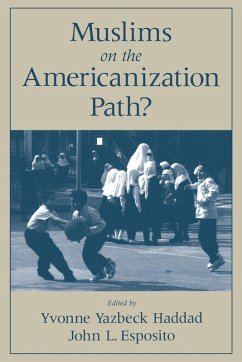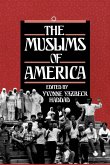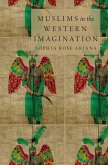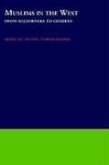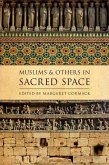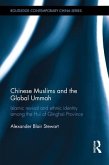There are now more Muslims in America than in Kuwait, Qatar, and Libya combined. It is the second largest religion in France and the third in Britain, Germany, and North America. Leaving aside immigration and conversion, birth rate alone ensures that in the first part of the 21st century Islam will replace Judaism as the second largest religion in the US. Like all religious and ethnic minorities in America, Muslims are faced with a quandary of integration vs. assimilation. In this volume, fourteen distinguished scholars consider the issues that surround this dilemma and examine the varied responses of the Muslim community to them. The need to forge a new Muslim identity in America raises many questions. Can Muslims become part and parcel of a pluralistic American society without sacrificing their identity? Can Muslims be Muslims in a state that is not governed by Islamic law? Will the American legal system protect Muslim religious and cultural differences? Is there a contradiction between demanding equal rights and insisting on maintaining a distinctively separate identity? These and many other questions are illuminated by the essays in this important collection.
Islam is the fastest growing religion in the United States. There are more Muslims in America than in Kuwait, Qatar, and Libya together. Leaving aside immigration and conversion, birthrate alone ensures that in the first part of the twenty-first century Islam will replace Judaism as the nation's second largest religion. Like all religious minorities in America, Muslims must confront a host of difficult questions concerning faith and national identity. Can they become part of a pluralistic American society without sacrificing their identity? Can Muslims be Muslims in a state that is not governed by Islamic law? Will the American legal system protect Muslim religious and cultural differences? Is there a contradiction between demanding equal rights and insisting on maintaining a distinctively separate identity? Will the secular and/or Judeo-Christian values of American society inhibit the Muslim practice of religious faith? While the Muslims of America are indeed on the path to Americanization, what that means and what that will yield remains uncertain. In this thoughtful and wide-ranging volume, fourteen distinguished scholars take an in-depth look at these issues and examine the varied responses and opinions of the Muslim community.
Islam is the fastest growing religion in the United States. There are more Muslims in America than in Kuwait, Qatar, and Libya together. Leaving aside immigration and conversion, birthrate alone ensures that in the first part of the twenty-first century Islam will replace Judaism as the nation's second largest religion. Like all religious minorities in America, Muslims must confront a host of difficult questions concerning faith and national identity. Can they become part of a pluralistic American society without sacrificing their identity? Can Muslims be Muslims in a state that is not governed by Islamic law? Will the American legal system protect Muslim religious and cultural differences? Is there a contradiction between demanding equal rights and insisting on maintaining a distinctively separate identity? Will the secular and/or Judeo-Christian values of American society inhibit the Muslim practice of religious faith? While the Muslims of America are indeed on the path to Americanization, what that means and what that will yield remains uncertain. In this thoughtful and wide-ranging volume, fourteen distinguished scholars take an in-depth look at these issues and examine the varied responses and opinions of the Muslim community.

